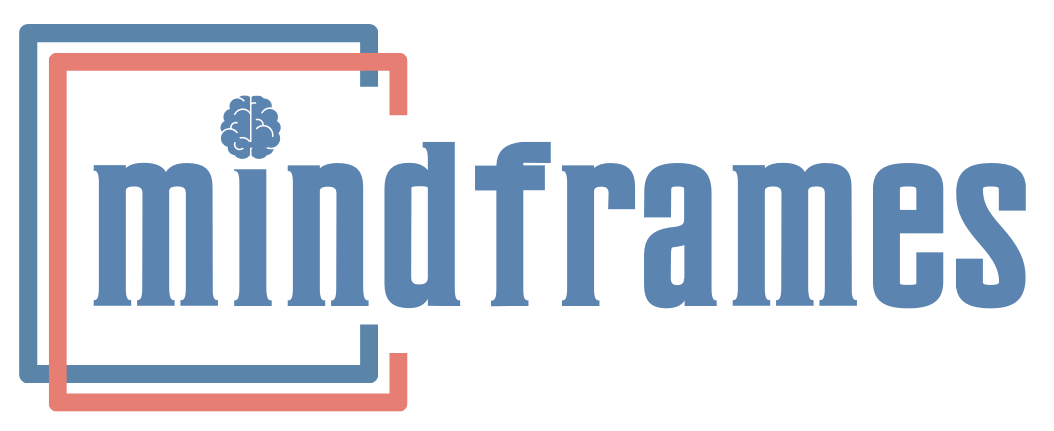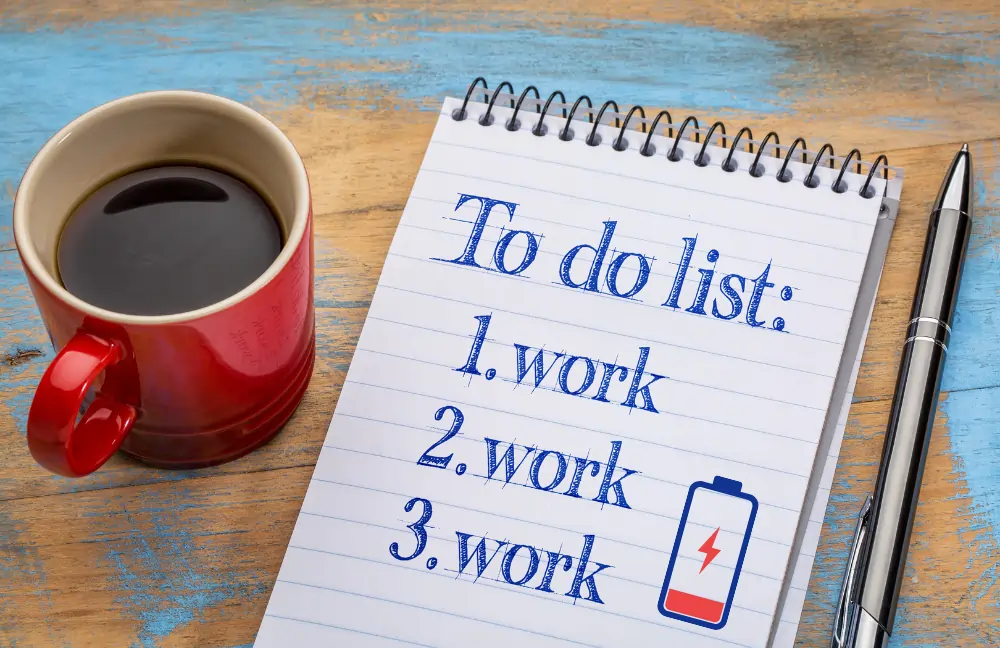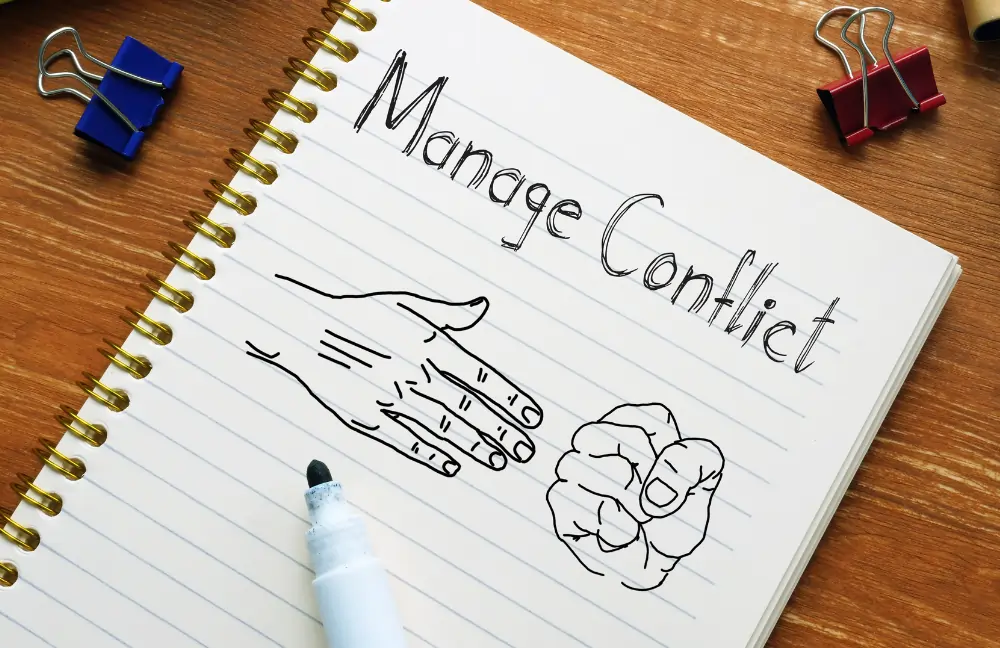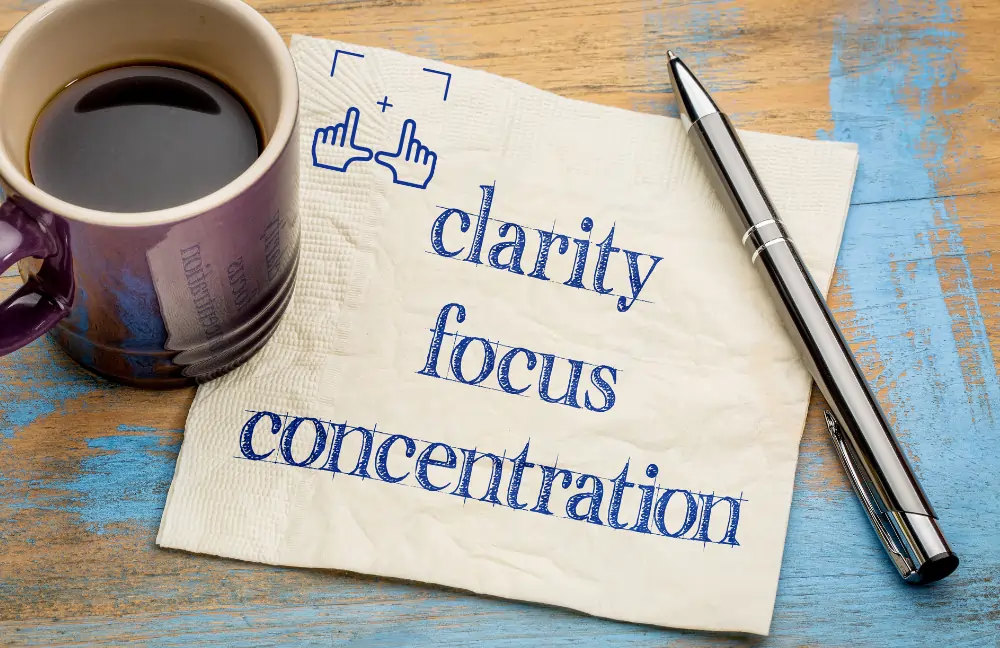What Is Deadline Panic?
What Deadline Panic Does
Your Brain Freezes Under Time Pressure
Time pressure is the crushing burden brought about by work or other activities that one is compelled to accomplish in modern society. You are required to do things faster and faster because your day (everyone’s day actually) has only 24 hours whereas the accountabilities demand double of that to fulfill all that you must. It has been revealed in both informal language and in ergonomics literature, that time pressure builds psychological stress. Paradoxically, instead of reducing the pressure, humans are adding on to the stress about the inability to accomplish and this is reducing performance instead of enhancing it.
Research has proved that perceived scarcity of time reduces your working memory capacity, leading to tunnel vision and error prone decisions. By simply worrying that you don’t have enough time, you take longer to accomplish what would have otherwise been a breeze and you also make careless mistakes that further squander time. Add self-critical thoughts to the mix like “I’m already behind” you spike your cortisol further, shrinking the very focus you need. Short, guided pauses reopen your cognitive bandwidth and restore task momentum in far less time than white knuckling through panic.
How This Audio Will Help
In short these are the steps listed out for you in sequence
- Break the mental spiral with simple breathing techniques
- Calm the inner critic that says you’re behind and cannot make it
- Learn short time blocks to regain control of your lost focus
- Reframe deadlines from pressure points to fruitful boundaries
- Reach out for support without guilt or hesitation when needed
Practice the Panic to Progress Routine
- Mute notifications
- Flip your phone face down
- Keep a notepad handy if you must
- Sit tall and loosen shoulders
- Soften your gaze or close your eyes
- Shift your focus inwards
- Pressing “stop” on your panic timer when the audio ends
- This is your momentum bridge from panic to plan to action.
"Deadlines can push you or paralyze you; the difference is the breath you take before the next step."
- Dr Shefali Batra
References
- Capelle, J. D., Senker, K., Fries, S., & Grund, A. (2023). Deadlines make you productive, but what do they do to your motivation? Trajectories in quantity and quality of motivation and study activities among university students as exams approach. Frontiers in psychology, 14, 1224533.
- Emanuel, A., Katzir, M., & Liberman, N. (2022). Why do people increase effort near a deadline? An opportunity-cost model of goal gradients. Journal of experimental psychology. General, 151(11), 2910–2926.
- Sussman, R. F., & Sekuler, R. (2022). Feeling rushed? Perceived time pressure impacts executive function and stress. Acta psychologica, 229, 103702.







